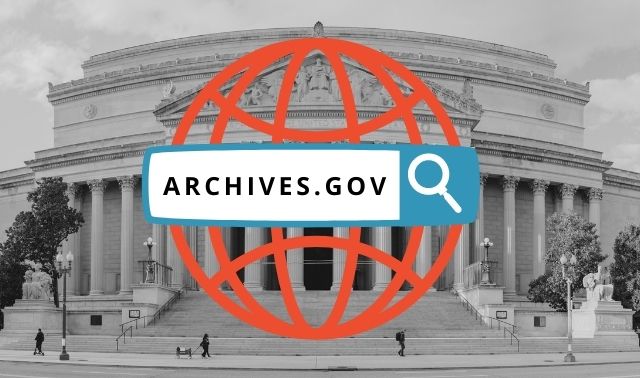Sign up for the Family Tree Newsletter Plus, you’ll receive our 10 Essential Genealogy Research Forms PDF as a special thank you!
Get Your Free Genealogy Forms
"*" indicates required fields
When you’re ready to move beyond home sources, you’ll find that the holdings of state historical societies are mind-boggling. There, you can find state census records, city directories, yearbooks, county histories, biographical sketches and family histories—some of which exist in no other facility.
The South Dakota State Historical Society, for example, owns the largest known collection of South Dakota newspapers, consisting of 1,000 titles preserved on approximately 12,000 microfilm reels. For genealogical researchers who love delving back into newspaper records, the Colorado Historical Society has copies of the Rocky Mountain Times dating to 1859.
The Minnesota Historical Society library contains a treasure trove of material for genealogists. These include state and federal census records, naturalization papers, information on patriotic, fraternal and veterans organizations, township histories, cemetery records and city directories. In addition, the Minnesota archive holds the findings of an unusual group of reports done in one year only, 1918. These reports detail information on non-US citizens living in the state, a farm crop and labor report, and data on the working women of Ramsey County. Holdings also include records of the Great Northern and Northern Pacific railroads. As evidence of the popularity of genealogical research in Minnesota, when the society placed a death record index online at people.mnhs.org/dci/Search.cfm, it received more than 5,000 requests for death records in just one month.
One of the Montana Historical Society’s most underutilized sources is the Society of Montana Pioneers’ papers. These include a survey done in 1907, which asked residents about the routes they took to reach Montana. The society also owns original homesteading diaries.
This is just a sampling, and all of the region’s state historical society libraries are open to the public. If you can’t do on-site research, societies will perform research for you for a minimal fee; unfortunately, in most cases, research is limited to one-half to one hour. A pleasant exception is the Minnesota Historical Society, which will perform as much research as you’re willing to pay for. Fees are low and generally include the price of copies. Some of the historical society libraries participate in interlibrary loans. Check with the individual society for more information on obtaining books or microfilms using the interlibrary loan system.
Even though you’ll have to contact historical societies directly for specific research requests, don’t ignore their online resources. Some state historical societies provide Internet access to card catalogs, newspaper indexes and historical data. The Web site of the Kansas State Historical Society at www.kshs.org, for example, offers “History in a Nutshell,” “This Day in Kansas History” and a Guide to Kansas Research Resources. The State Historical Society of North Dakota at www.state.nd.us/hist lists North Dakota newspapers, grouped by county.
Nancy Hendrickson is a contributing editor for Family Tree Magazine and writes the regular AncestorNews column on our Web site. She also is a family historian, freelance writer and the author of two astronomy books.
ADVERTISEMENT




